Elena Martinez on Bronx Rising! Word(s) on the Street
Elena Martinez, advisory board member for Women's Housing and Economic Development Corporation (WHEDco) and folklorist at City Lore, blogs about the P&W-supported readings with the Bronx Music Heritage Center (BMHC). Martinez has an MA in Anthopolgy and an MA in Folklore from the University of Oregon. She co-produced the documentary, From Mambo to Hip Hop: A South Bronx Tale, which won the National Council of La Raza 2007 ALMA Award for Best TV Documentary. She is currently on the Advisory Boards for Casita Maria/Dancing in the Streets' South Bronx Cultural Trail, WHEDco's Bronx Music Heritage Center, and the Center for Puerto Rican Studies Archive at Hunter College.
Since 2010, I have been part of a group of musicians, artists, advocates, and educators driving the planning and development of the Bronx Music Heritage Center (BMHC). We were brought together by the Women’s Housing and Economic Development Corporation (WHEDco), a Bronx-based nonprofit that sees value in preserving and promoting Bronx music and cultivating Bronx artists as a way to spur neighborhood revival and bring cultural programs to the community. Currently, BMHC programming takes place in the BMHC Laboratory, a storefront in the Crotona East neighborhood of the South Bronx.
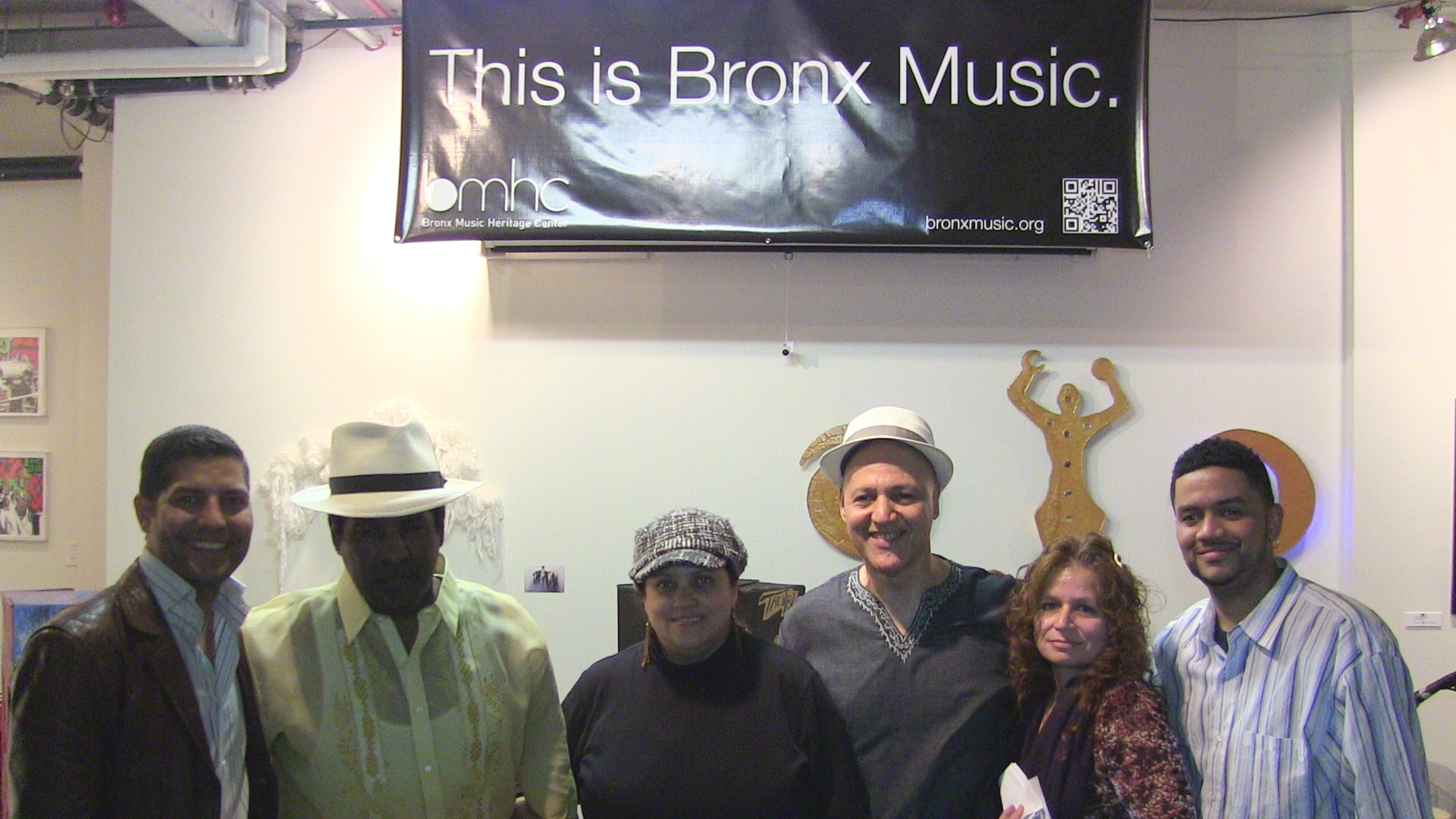
This fall, I worked with Grammy-nominated musician Bobby Sanabria to co-curate Bronx Rising! Music, Film & Spoken Word of the Borough, a new series at the BMHC Lab. Our goal was to showcase art about the Bronx, by Bronx artists, or significant to the Bronx community. Over the course of the series we maintained a loyal audience but struggled to get community members, who might peer in the windows, to come into the Lab and stay awhile.
Thanks to Poets & Writers, we were able to present two exceptional Bronx Rising! poetry nights in honor of Puerto Rican Heritage Month. On November 19, 2012, we hosted Americo Casiano, an original Nuyorican Poet. Americo was backed by his NuYoRican Poetry Jazz Ensemble, which accompanied his poetry seamlessly. During the program, two young men, enticed by the activity they viewed from the sidewalk entered the Lab. These newcomers actively listened, participated, and quickly became Lab “regulars.”
The December program paid homage to the declamadores of Puerto Rico, who use the language and themes of the area’s African heritage throughout the Spanish-speaking Caribbean. While the declamadores work within oral tradition, historically literary poets have also been proponents, among them Julia de Burgos (Puerto Rico) and Federico Garcia Lorca (Spain), whose poems were included in this program. The poetry was recited by organizer and declamador Sery Colón, Prisionera (Paula Santiago), and Tato Laviera, another original member of the Nuyorican Poetry Movement. This evening was once again punctuated by a few new faces that had been drawn to the prophetic personalities and socially-minded works filling the Lab. Robert, a first-time visitor, likened the event to “a revival." He said, “Once the crowd got going, the energy was infectious and I began to understand why these powerful messages needed to be delivered that way.”
These events, where new community members interacted with the BMHC, were symbolic for the series. Over the last few months, audience members who came into the Lab for hip hop stayed for Latin Jazz. People who came in for a photography exhibit returned for African drums.
On our last evening of Bronx Rising! Word(s) on the Street, five minutes before the program started, I realized we had a new problem on our hands. We ran out of chairs. For the first time, the BMHC Lab was packed to the brim with nearly 100 audience members. With this momentum, we are looking forward to our next season. We hope to see you there.
Photo: (left to right) Chris Nieves, Tato Laviera, Prisionera, Sery Colón, Elena Martinez, Jorge Vazquez.
Photo Credit: Thomas Haskin.
Support for Readings/Workshops in New York City is provided, in part, by funds from the New York State Council on the Arts, and the New York City Department of Cultural Affairs, with additional support from the Louis & Anne Abrons Foundation, the Axe-Houghton Foundation, the A.K. Starr Charitable Trust and the Friends of Poets & Writers.






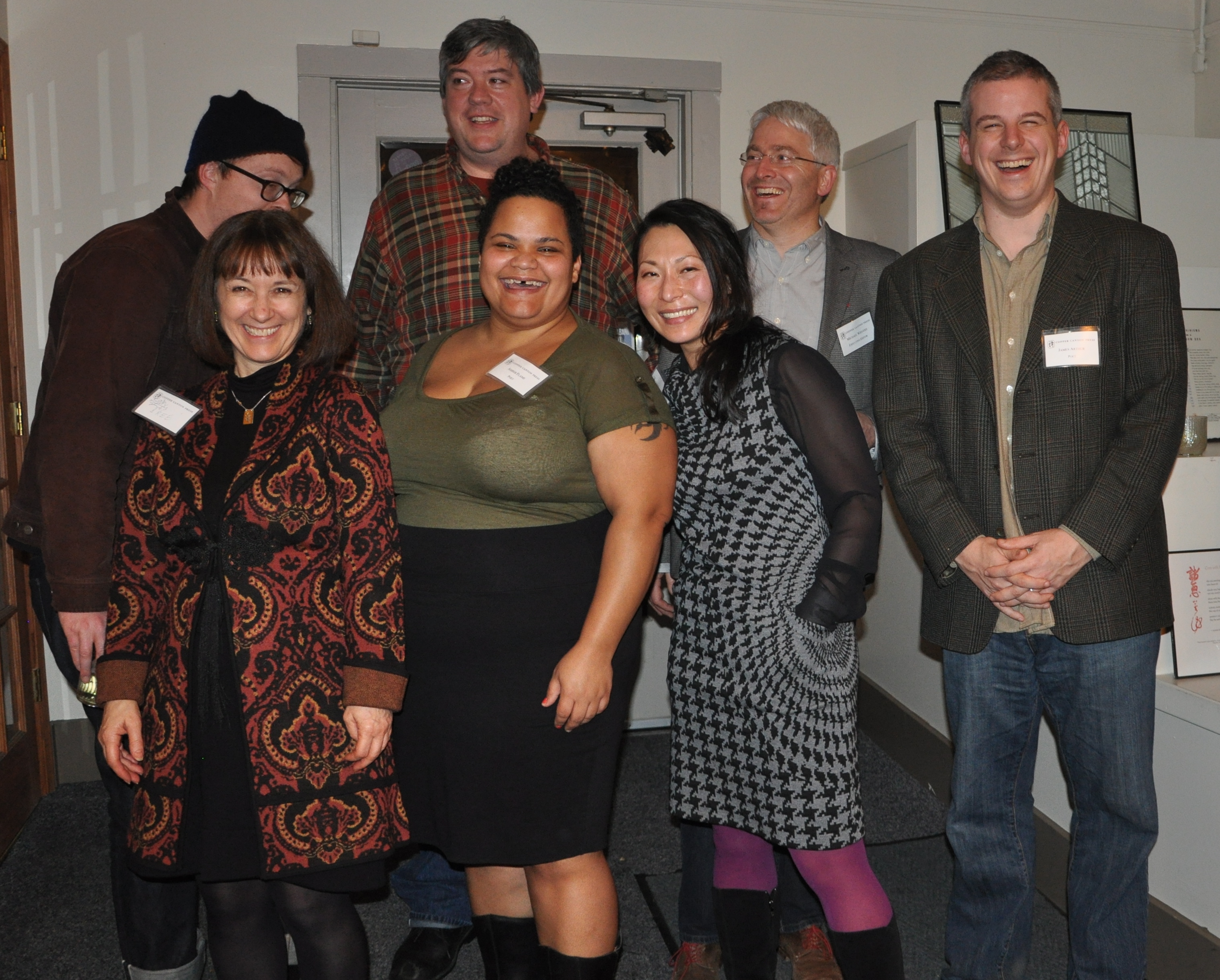 Who do I write for?
Who do I write for?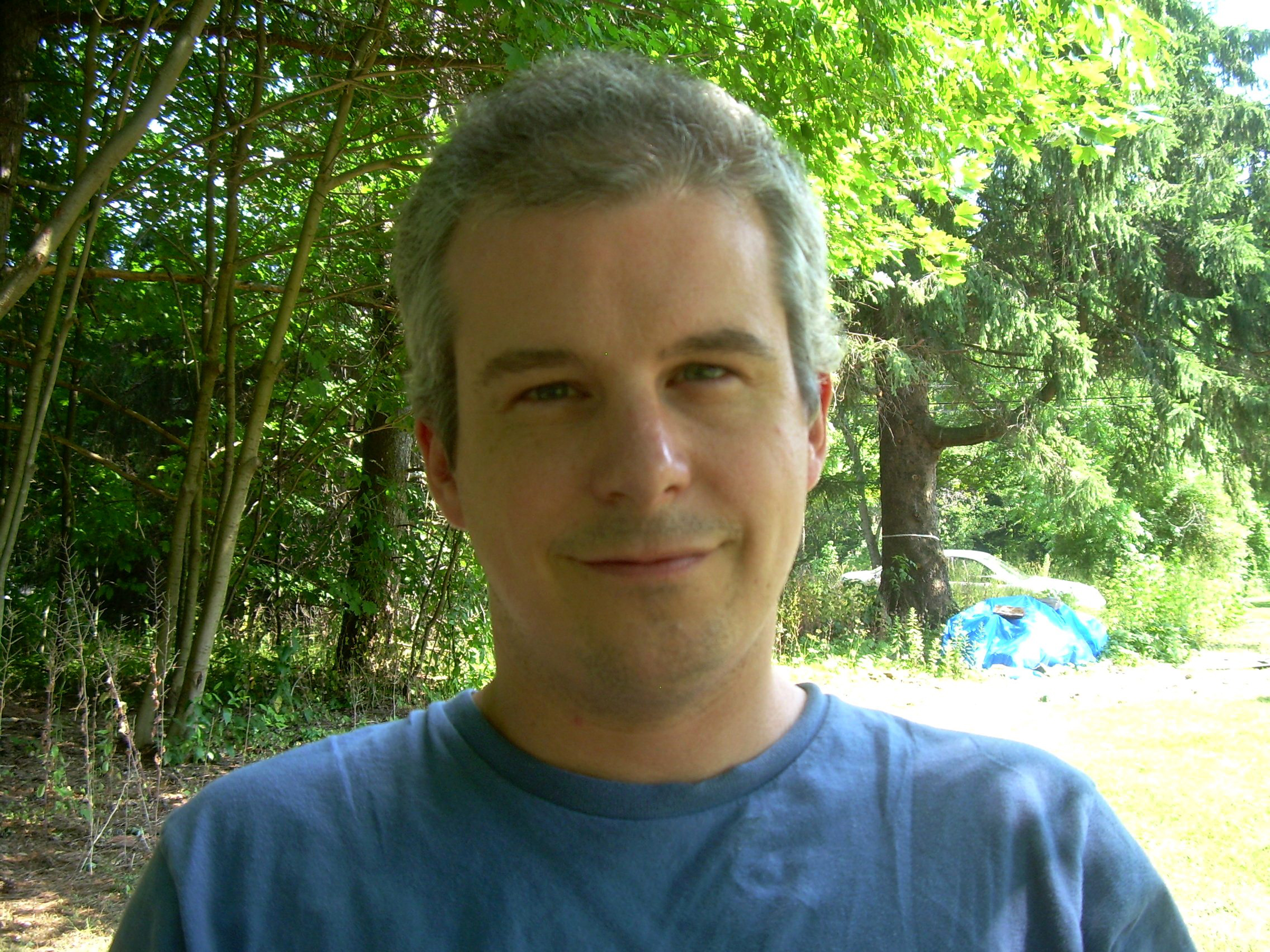 We had quite a lively crowd at this particular reading. How does the character of an audience impact you?
We had quite a lively crowd at this particular reading. How does the character of an audience impact you?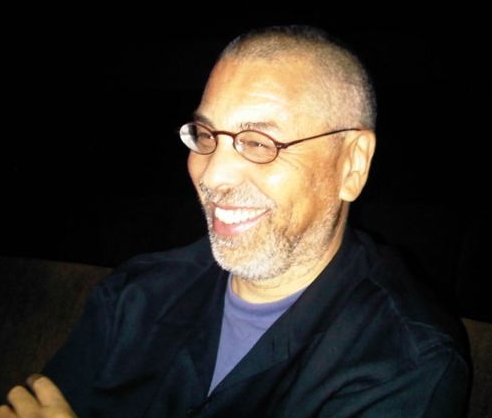 What are your reading dos?
What are your reading dos?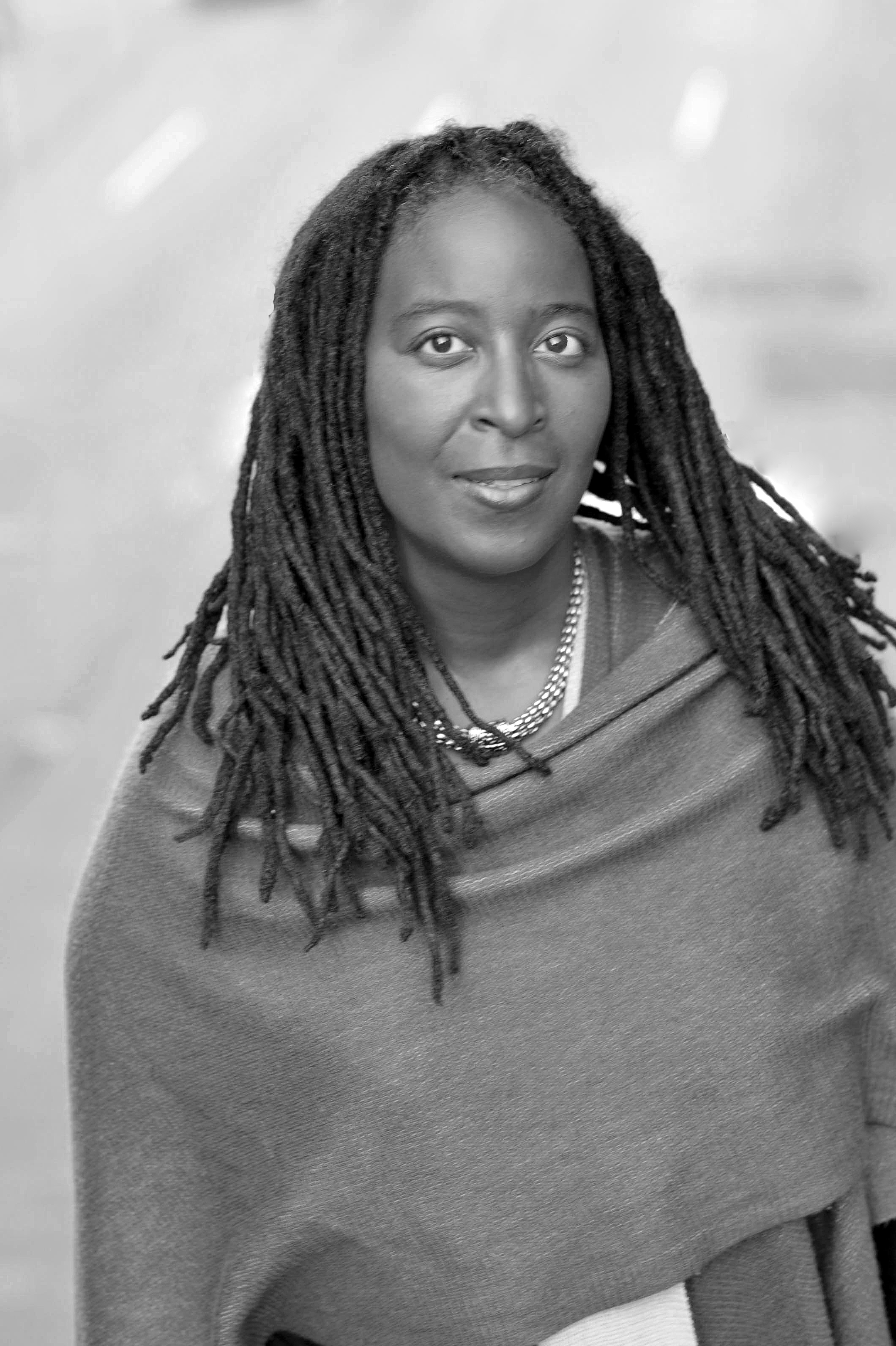 Last week I wrote that one of the things writers do all day is answer questions. Is that really all we do? Of course not. Another thing writers do all day is worry about whether we've figured out the best way to answer the questions presented to us.
Last week I wrote that one of the things writers do all day is answer questions. Is that really all we do? Of course not. Another thing writers do all day is worry about whether we've figured out the best way to answer the questions presented to us.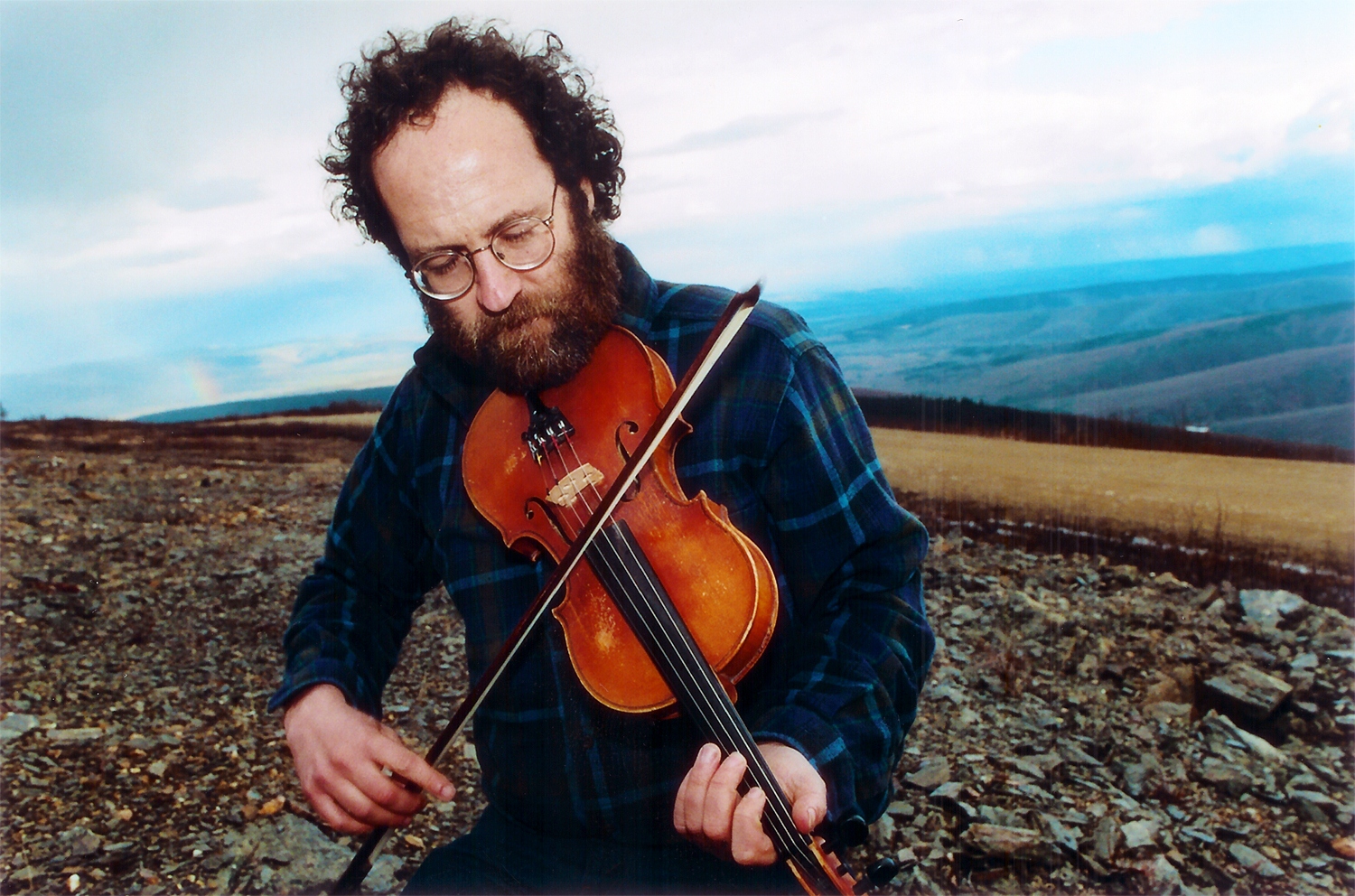 The fifty-minute reading was followed by a short question-and-answer session. All this was fine, but what made this event more special is that it enabled me to spend the following day at
The fifty-minute reading was followed by a short question-and-answer session. All this was fine, but what made this event more special is that it enabled me to spend the following day at